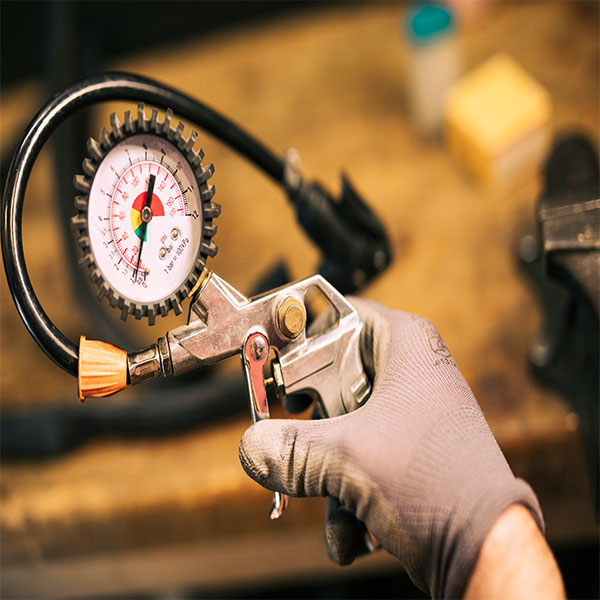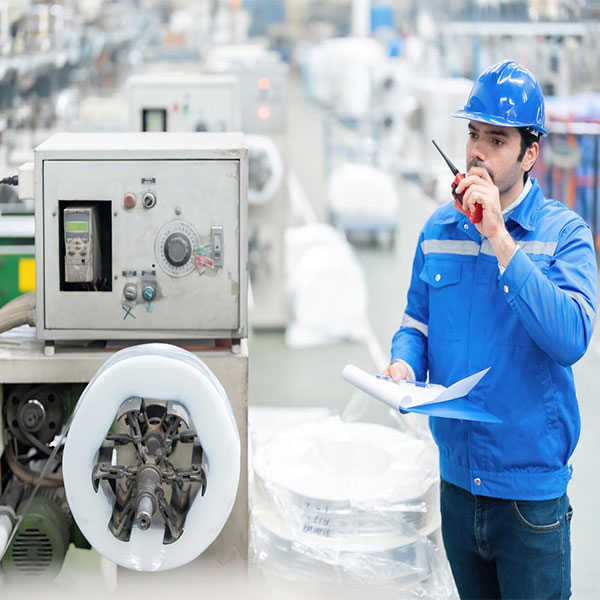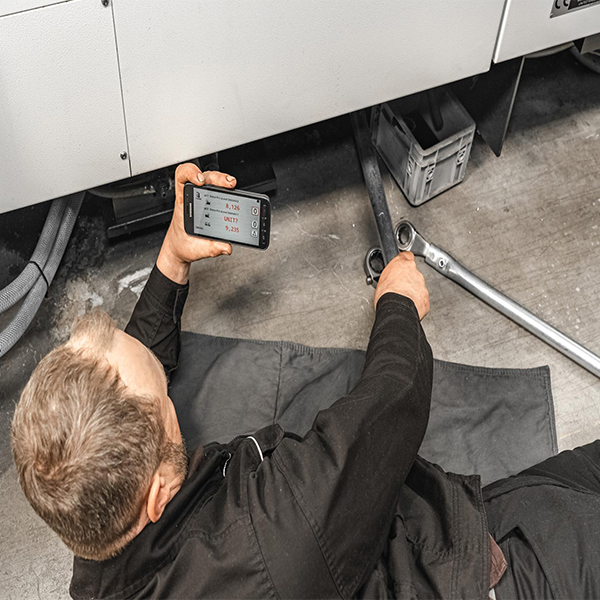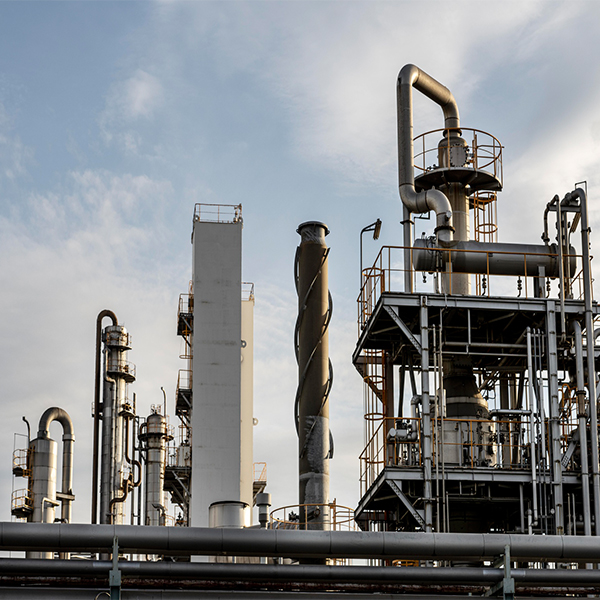In the food industry, maintaining the highest standards of cleanliness and safety is paramount. As many food and beverage production processes rely on compressed air, it’s crucial that this air remains free of contaminants. Oil-free air compressors are specifically designed to provide pure, clean air, ensuring product quality and compliance with strict industry regulations. Below, we’ll explore why oil-free air compressors are an essential component for food manufacturers and the key advantages they offer.
The Importance of Oil-Free Air in Food Production
Compressed air is often directly involved in food processing, from handling and packaging to product mixing and storage. Any contamination in this air could compromise the quality and safety of the final product. Unlike traditional compressors that use oil for lubrication, oil-free air compressors eliminate the risk of oil contamination by using advanced design technology that doesn’t require oil in the compression chamber. This prevents oil from entering the airstream, ensuring that the air remains pure and meets stringent safety standards.
Key Advantages of Oil-Free Air Compressors in the Food Industry
1. Guaranteed Product Safety
Oil-free air compressors deliver clean air that meets ISO 8573-1 Class 0 certification, which is the highest level of air purity. In a food production setting, this means no risk of oil contamination in the air that comes into contact with food products, which helps maintain product quality and consumer safety. Using oil-free compressors allows food manufacturers to uphold safety standards and meet regulatory compliance, reducing the likelihood of costly product recalls.
2. Reduction in Cross-Contamination
Contaminated air can result in product spoilage or alter the taste and aroma of food items, which is particularly concerning in sensitive food and beverage applications. Oil-free compressors protect against cross-contamination by eliminating the risk of oil particles mixing with food ingredients. This helps maintain the integrity of flavors, colors, and textures throughout the production process.
3. Lower Maintenance and Reduced Costs
Oil-free air compressors have simpler maintenance needs compared to their oil-lubricated counterparts. Since there’s no oil to monitor, replace, or filter, these compressors save time and cost on maintenance. Additionally, eliminating oil-related expenses reduces operational costs while also contributing to the sustainability of the manufacturing process by reducing waste.
4. Environmental Compliance
The food industry is increasingly regulated regarding environmental impact, which includes waste and contamination management. Oil-free compressors align with eco-friendly manufacturing practices, as they produce cleaner exhaust with minimal waste, helping food producers to comply with environmental regulations. Additionally, this cleaner air can help extend the lifespan of production equipment, as there’s no oil residue to degrade machinery.
5. Enhanced Energy Efficiency
Many oil-free air compressors come equipped with energy-saving features, such as Variable Speed Drive (VSD) technology, which optimizes energy use based on demand. This is particularly beneficial in the food industry, where production cycles can vary, and energy costs can represent a significant part of operational expenses. VSD compressors adjust their speed to match air demand, reducing energy consumption and minimizing waste.
6. Compliance with Health and Safety Standards
International standards, such as ISO 22000, which focuses on food safety, emphasize the need for cleanliness and risk reduction in food production. Oil-free compressors meet or exceed these standards, ensuring food manufacturers are compliant with local and international safety protocols. By using oil-free compressors, producers are better equipped to meet these standards, ensuring a safer environment for both workers and consumers.
Applications of Oil-Free Air Compressors in Food Production
Oil-free compressors are versatile and used across various stages of food production, including:
• Packaging and Bottling – Clean air is essential for blowing, filling, and sealing bottles and packages without contamination.
• Mixing and Blending – Many foods require precise mixing processes, where compressed air is used directly with ingredients, making oil-free air indispensable.
• Transportation of Ingredients – Compressed air systems are often used to transport dry ingredients within a facility. Oil-free air prevents contamination during this stage.
• Cooling and Refrigeration – Certain cooling applications rely on compressed air to regulate temperatures without introducing contaminants.
Nanjing XYC: Your Source for Oil-Free Air Compressors
For food manufacturers seeking clean and reliable compressed air solutions, Nanjing XYC offers a range of oil-free air compressors designed specifically for the rigorous demands of the food industry. As a trusted supplier, we provide high-quality, compliant, and efficient air solutions tailored to meet your production needs. Contact the experts at Nanjing XYC to learn more about oil-free compressors and how they can support your operation’s safety, efficiency, and compliance goals.
Energy Efficiency Innovations by Atlas Copco That Save You Money
In today’s highly competitive industrial landscape, operational efficiency and energy savings are key priorities for manufacturers, power plants, and oil…











